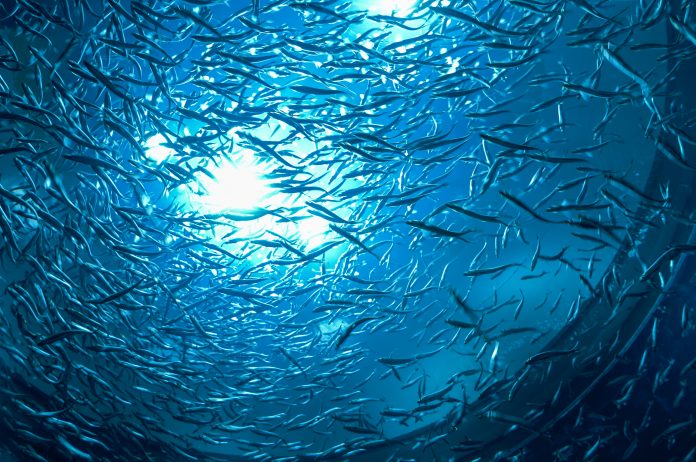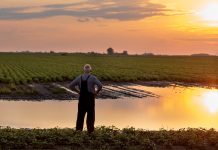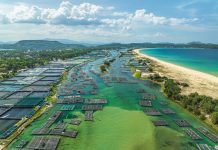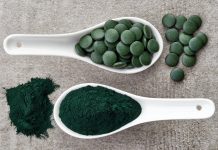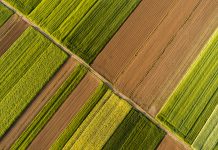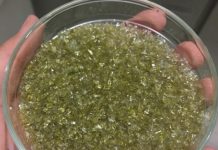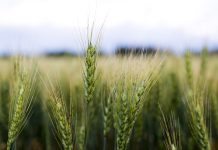Here, Bengt Fellbe discusses the progress of investments and research projects
SSEC and its members actively participate in calls for research projects together with several universities in Sweden.
Centers for sustainable and competitive food systems
Formas is a government research council for sustainable development. SSEC will participate in three partnerships that have submitted applications for the call – Centers for sustainable and competitive food systems. “To achieve the transition to sustainable, competitive food systems and to address the challenges facing society and the food sector, long-term research and innovation efforts, pooled skills and collaboration among stakeholders with different perspectives are needed. Interdisciplinary research is needed on issues that address the interactions and dependencies within the food system and that include the three dimensions of sustainability: environmental, social and economic. Not least, integrated measures are needed that contribute to knowledge-building and skills provision for stakeholders in the food system.”
This call is an initiative within the framework of the National Research Programme for Food and a part of the implementation of the strategic research agenda Towards a sustainable and competitive food system.
We are a very strong and competent network that is an attractive partner in this context. Together with three different universities and research institutes, we take on this challenge, the Royal Institute of Technology, Borås University/Food for life and RISE.
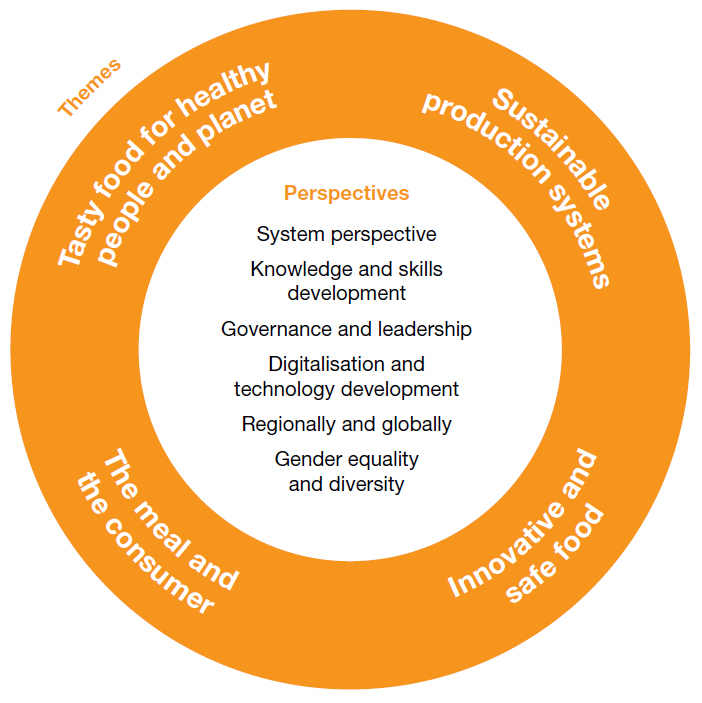
Fish farming and agriculture in a circular bioeconomy
Nordic Salmon can now present the main features of a land-based fish farm in Bjuv municipality. The plant has been designed to produce 10,000 tonnes of trout per year. Fish farming will have the latest and most sustainable technology for recycling the water. The project is carried out in close collaboration with Wrams Gunnarstorps Gods and other actors in the region.
The fish grow up in pools, indoors in a large cultivation hall. The water is purified and recycled back to the pools in a closed system. Everything is monitored and controlled continuously, which offers great advantages compared to other ways of growing fish. The fish get optimal conditions, stay healthy and grow fast. This is a modern process industry that will provide 50-80 qualified jobs at Nordic Salmon and will provide expanded operations with suppliers and other partners.

– We have a greater demand for salmon and trout than we can deliver, says Tore Lyng, owner of Nordic Salmon. Our new facility in Bjuv will deliver sustainably grown premium fish to Sweden, the EU and Internationally. It is the good conditions in Bjuv municipality and especially the collaboration with Wrams Gunnarstorps Gods and other actors that made us choose this location.
Nordic Salmon has been working on preparations for three years. Wrams Gunnarstorps Gods leases detailed land north of Gunnarstorp for fish farming and will receive purified water for irrigation. The nutrient-rich sludge is led to Söderåsen’s bioenergy. Planning has also been done with Bjuv municipality, NSVA, EON and other partners to get a sustainable facility. The project plan is now in place, a permit application for the operation has been submitted and land investigations have begun. The project now continues with design and in-depth collaborations.
We have a tradition of collaboration with professional actors. Together we can be at the forefront of circular bioeconomy, says Rudolf Tornerhjelm, owner of Wrams Gunnarstorps Gods. We have previously built a biogas plant together with EON and now we are supplementing that collaboration with Nordic Salmon.
SSEC: Utilising residual heat and other resources
SSEC is a network that enables sustainable food production and better living environments, through the use of residual heat and other unutilised resources.
SSEC consists of a steering group and a program management, which represents the parties that have joined the cooperation. Sixteen parties have joined the network, large and small municipalities, large and small companies: as municipalities from all parts of Sweden, consultancy companies, manufacturing companies and companies that provide different types of services. The program is coordinated by the Faculty of Landscape Planning, Horticulture and Agricultural Sciences, at the Swedish University of Agricultural Sciences (SLU), which designates a programme manager responsible for running the business. A steering committee is appointed by the network members consisting of 5 people:
1. Håkan Schroeder, network chairman and one of four deans at the Swedish University of Agriculture.
2. Maria Varnauskas, Manager Try Swedish Export Program, Business Sweden.
3. Anneli Kuusisto, Developer / Strategist Municipality of Härnösand.
4. Sonny Strömberg, Business Area Manager Real Estate / Growth Team Leader Real Estate, E.ON Energilösningar AB (Energy Solutions Ltd).
5. Bengt Fellbe, Program leader, SSEC, Swedish Surplus Energy Collaboration.
*Please note: This is a commercial profile

